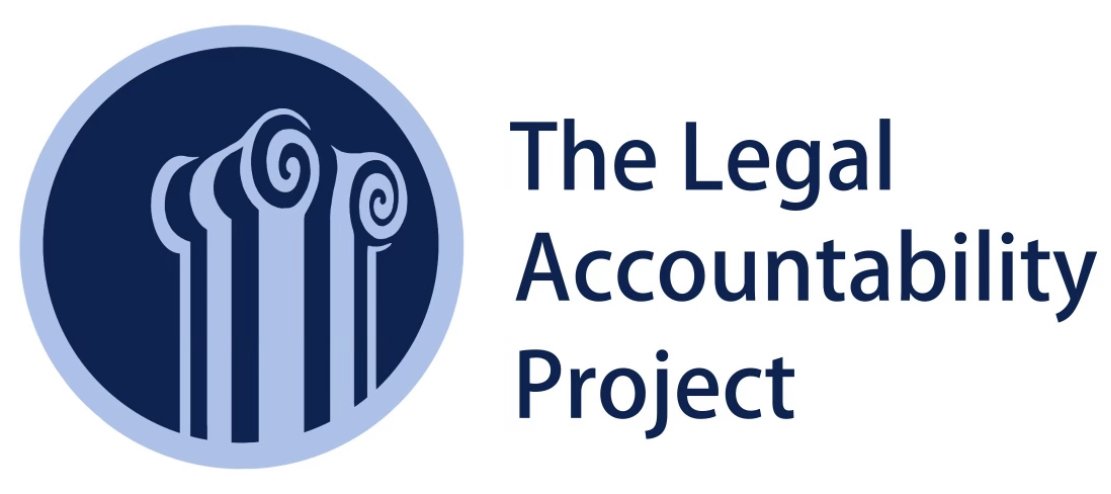On Clerking
This June, rising third-year law students apply for federal clerkships via the Online System for Clerkship Application and Review (OSCAR) Federal Law Clerk Hiring Plan. LAP’s President and Founder Aliza Shatzman offers some thoughts on clerking, informed by her experiences as a law student and law clerk, as well as her engagement with law students, law clerks, law school administrators, and judges at LAP:
Clerking can be a valuable experience that law students (and practicing attorneys) should consider. Whether you’re interested in litigation or transactional work, there may be a clerkship for you. The value of a clerkship is as a job like any other - one where you not only hone your writing and research skills, but also get a crash course in lawyering and judicial decision-making.
However, the overwhelmingly positive public messaging around clerkships does not represent the true scope of clerkship experiences. Not everyone has a positive experience. Too many new attorneys suffer in silence because they’ve been conditioned not to stand up for themselves. This messaging makes those experiencing mistreatment feel isolated and alone.
Law students - regardless of their school’s ranking and resources - uniformly lack access to candid information about clerkships. Law students regularly describe the clerkship process as “opaque,” “confusing,” “a black box,” and “nebulous” and may choose not to apply for clerkships as a result.
Law schools should stop telling students to “do their research” about judges until they are willing to provide more transparent information about clerkships.
A “challenging” or “taxing” clerkship is not “worth it” for the prestige. You should not risk your entire career for one position, nor should you assume that you can endure anything for a year or two. It's not just a year of your life: it's a consequential year that, in the worst circumstances, could derail your career.
You do not have to accept the first clerkship you are offered. You can say “no” to a judge. You can also ask for more time to think about it. Do you really want to work for someone who respects you so little that they wouldn’t grant this request?
Making a clerkship a prerequisite for many legal jobs is problematic, considering that the lack of equity, accessibility, and transparency in the application process creates a persistent lack of diversity among clerks. This also causes too many attorneys to turn a blind eye to workplace mistreatment.
The OSCAR Hiring Plan is not the be all, end all of your legal career, even though some will make it out to be. If you get a federal clerkship that you feel good about this summer, great! If not, you can pursue state court clerkships, Article I federal clerkships, or reapply after gaining some work experience. (These are also all options you could pursue instead of Article III federal clerkships.)
Increasing transparency in the clerkship system will encourage more students to clerk, empowered with the confidence that they will be treated fairly and respectfully throughout the application process and during their tenure as clerks. Transparency helps students pursue better clerkships, while raising the bar on workplace safety and civility in the judiciary.
Transparency particularly benefits historically marginalized groups, who disproportionately lack access to formal networks and information channels that help some of their peers obtain clerkships. These students also have unique considerations when deciding whether and where to clerk, including whether judges hire diverse candidates and are sensitive to diverse identities. Increasing transparency would increase the diversity pipeline - for clerkships and throughout the legal profession.
If it feels like the clerkship system is broken, that's because it is. But LAP works every day to fix it, with support from many law students, law clerks, attorneys throughout the profession, and judges. While law students focus on their applications and interviews this month, every attorney should consider their role in fostering a more positive clerkship culture than the ones we participated in as law students and law clerks.
If you haven't done so already, please visit survey.legalaccountabilityproject.org and share your clerkship experience with LAP. Then, encourage those in your networks who clerked to do the same. This is the best way to increase transparency in the application process, by democratizing information about judges.


